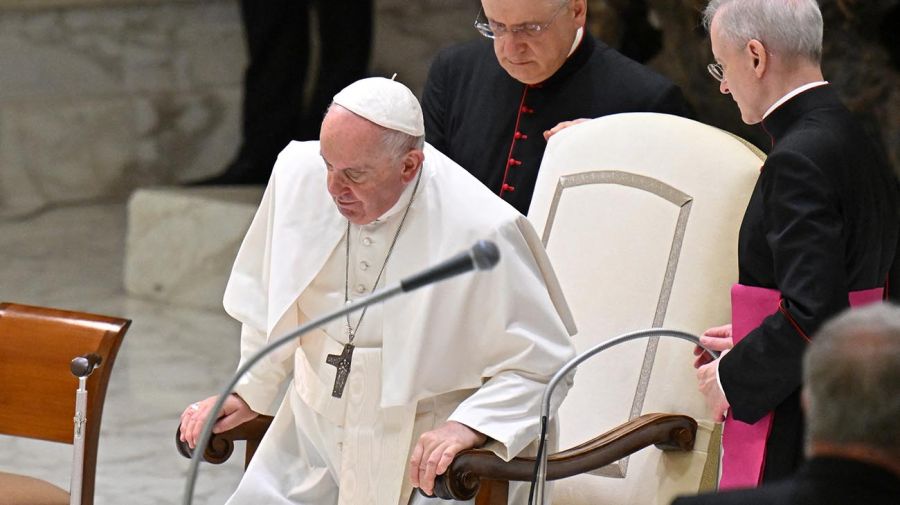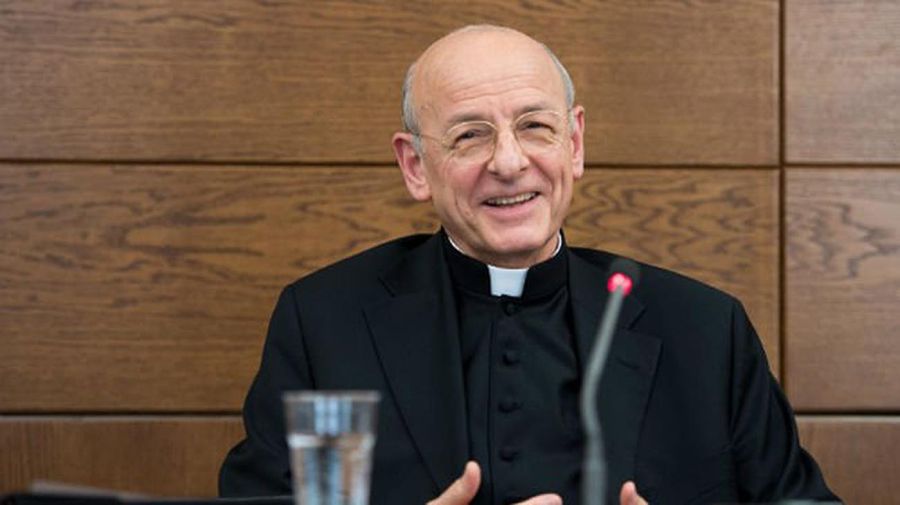The Pope Francisco officialized the measure that degrades the influential Catholic organization Opus Deiknown in Europe and Latin America for its ultra-conservative positions, as part of a series of “progressive” measures to reform the Vatican and clean up its image.
This was established this Thursday, August 4, in his papal document “Ad charisma tuendum” (“To protect the charisma”), which had already been disclosed last July. In writing, Bergoglio “removed power and independence” to the powerful organization created in 1928 and backed by the pope John Paul II, that elevated it at the beginning of his pontificate to the degree of “personal prelature”.
The measure is framed in a series of church transparency reforms headed by the Supreme Pontiff to make the image transparent and modernize the institution. In this case, it coincides with the questioning of Opus Dei in recent months after the complaints of 43 women for instruction and unpaid work that caused an international scandal.

The change of status of Opus Dei
According to the papal document, the holder of the Prelature of the Holy Cross and Opus Dei, the religious order known as “Opus Dei”, “will not be distinguished” with the office of bishop. Nor can wear the ring or episcopal vestments. Meanwhile, from now on the prelate will hold the title of supernumerary apostolic prothonotary.
While the idea of the Jesuit Pope is that the form of government of Opus Dei, which historically enjoyed the privilege of not being controlled by the Curia, is “based more on charisma than on hierarchical authority”. By way of justification, Francis cited Josemaría Escrivá de Balaguer, the founder of the Catholic organization.
Pope Francis vs. Opus Dei: a power struggle in the Church
In addition, from the modifications of the supreme pontiff, the prelature will “depend on the Dicastery (or ministry) of the Clergy”. Before this body, you must report once a year (instead of every five) by submitting a report describing the internal situation and the development of their apostolic work. This includes “the questions that in each case must be faced”, such as the formation of their priests or “possible controversies”.
Lastly, the motu proprio (as the papal document is known) urges Opus Dei to adapt “conveniently” its Statutes of Opus Deiwith the prior approval of the Vatican.
the official answer

Despite the fact that these changes are considered a “degradation” of the figure of the powerful organization, present in more than 60 countries, they assure that this is not the case. “Some have interpreted the Holy See’s provisions in terms of ‘demotion’ or ‘loss of power’. We are not interested in this type of dialectics, because for a Catholic the use of categories of power or worldliness makes no sense“, dtold AFP Manuel Sánchez, from the Opus Dei press office.
“We accept affiliatedly”the prelate of Opus Dei had affirmed, Monsignor Fernando Ocáriz Brañawhen at the end of July the Vatican announced the reforms of the institution that -until now- was the only existing prelature, equated to a diocese.
The anonymous graves of thousands of children cry out for justice in Canada and shame Francis
The scandals that dotted Opus Dei
Despite the official denial, the organization has been accused by its detractors of being a kind of secret sect to pull the strings of power inside and outside the Vatican. In addition, it was involved in a series of scandals, such as the Complaints of 43 women from Argentina, Paraguay, Uruguay in vulnerable situations who filed a formal complaint with the Vatican for abuse of power and exploitation against the institution. According to the complaint, they worked in the domestic service of Opus Dei members for 10, 20 and up to 30 years without receiving remuneration.
What is Opus Dei
The Opus Dei is present in more than 60 countries and is made up of some 90,000 lay members, including political or business personalities, and more than 2,000 priests, especially in Europe and Latin America. It was founded in 1928 and elevated to a “personal prelature” in 1982 by John Paul II. It was created by the Spanish priest Josemaria Escriva de Balaguerwhose canonization in 2002 sparked controversy due to his closeness to the dictatorship in Spain of Francisco Franco.
CD/ED
You may also like
